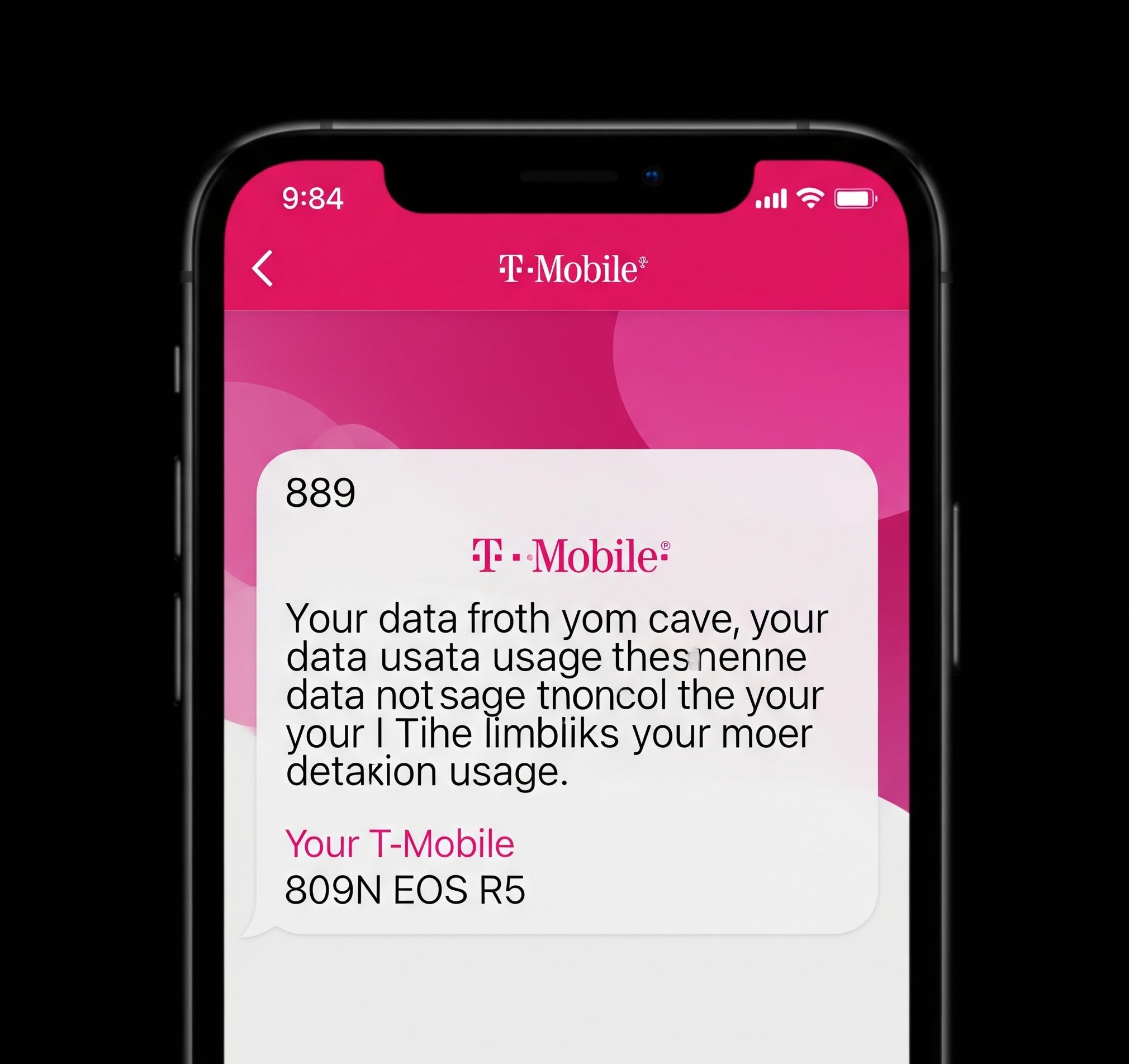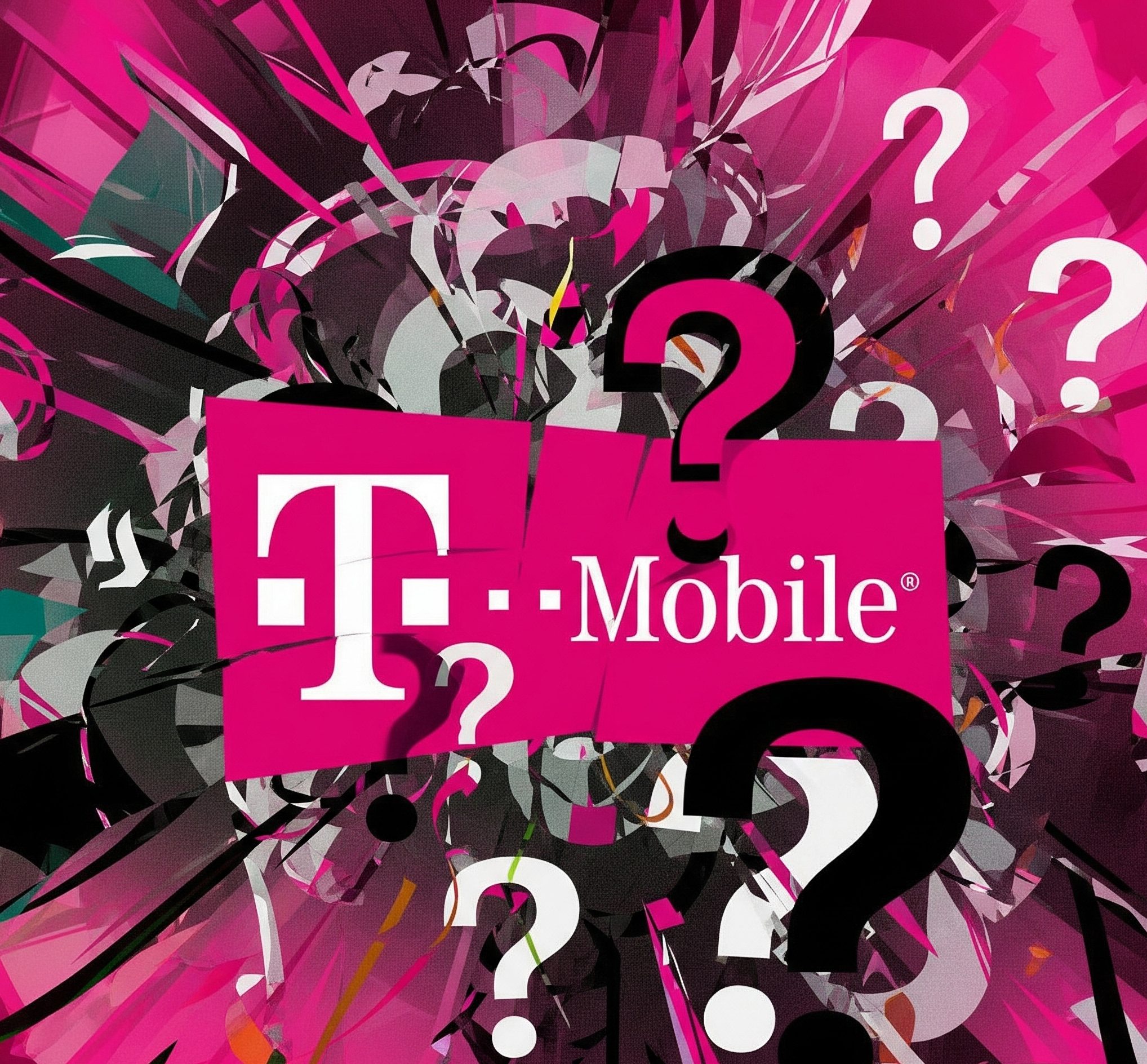NEW YORK, NY – In an age where vigilance against spam and phishing attempts is at an all-time high, receiving a text from an unfamiliar three-digit number can understandably raise a red flag. For T-Mobile customers, the number 889 has been a source of both confusion and concern. This article delves into the purpose of the 889 T-Mobile short code, confirming its legitimacy and clarifying its role in T-Mobile’s communication with its subscribers.
Contents
What is a Short Code?
Before we dive into the specifics of 889 T-Mobile, it’s essential to understand the concept of a short code. These are abbreviated phone numbers, typically five or six digits long, but sometimes as short as three, used by businesses to send and receive text messages (SMS and MMS) at a high volume. Common uses for short codes include marketing campaigns, two-factor authentication, and, importantly, service notifications from mobile carriers.
Is the “889 T Mobile” Number Legitimate?
The short answer is yes. The number 889 is a legitimate short code used by T-Mobile for official communications with its customers. Numerous online forums and T-Mobile’s own official documentation confirm that messages originating from 889 are authentic and not part of a phishing scam. While caution is always advised when interacting with unsolicited messages, T-Mobile subscribers can generally trust notifications received from this specific number.
T-Mobile utilizes a range of short codes to streamline its communication on various matters, from account updates to promotional offers. The use of a dedicated short code like 889 allows the carrier to send out important information efficiently to its vast customer base across the United States.

The Purpose of “889 T Mobile” Notifications
While 889 T-Mobile is a verified communication channel, the content of its messages can vary. Historically, one of the notable uses of the 889 short code was for notifications related to T-Mobile’s “KickBack” program. This program, which has since been discontinued for newer plans, offered customers a credit on their bill for using less than a certain amount of data in a month. Customers participating in this plan would receive updates about their eligibility for the KickBack credit from the 889 number.
In addition to the KickBack program, T-Mobile may use the 889 short code for other types of service-related alerts. These could include:
- Account Status Updates: Information regarding your billing cycle, payment confirmations, or changes to your account.
- Data Usage Alerts: Notifications about your data consumption, especially as you approach your plan’s limit.
- Promotional Offers: While less common for this specific short code, it could be used for targeted promotions or information about new services.
It is important to note that while the number itself is legitimate, the content of the message should still be scrutinized. A legitimate message from 889 T-Mobile will typically inform you about an account matter and may direct you to log in to your official T-Mobile account or call their official customer service number. It will not ask you to provide sensitive personal information like your password, social security number, or full credit card details directly in a text message.
How to Verify and Handle “889 T Mobile” Messages
Even with the knowledge that 889 T-Mobile is an official short code, maintaining good security practices is crucial. Here are some steps you can take when you receive a message from 889 or any other short code:
- Do Not Click on Suspicious Links: If a message from 889 contains a link, be cautious. Before clicking, hover over it to see the destination URL if possible. Legitimate T-Mobile links will typically lead to a t-mobile.com or my.t-mobile.com domain.
- Independently Verify Information: If a message informs you of an issue with your account or a billing matter, do not rely solely on the information in the text. Instead, log in to your T-Mobile account through the official app or website, or call T-Mobile’s customer service number directly to verify the claim. T-Mobile’s official customer service number can be found on their website and your monthly bill.
- Never Share Personal Information via Text: As a rule of thumb, never provide passwords, PINs, or other sensitive data in response to a text message. T-Mobile will not ask for this information in this manner.
- Report Suspicious Messages: If you receive a message from 889 that seems suspicious or is asking for personal information, you can forward it to T-Mobile’s spam reporting number, 7726 (which spells “SPAM”). This helps the carrier investigate and block fraudulent messages.
conclusion
By understanding the role of the 889 T-Mobile short code and practicing safe digital habits, customers can stay informed about their accounts without falling victim to potential scams. Remember, when in doubt, always take the extra step to verify information through official and secure channels.







